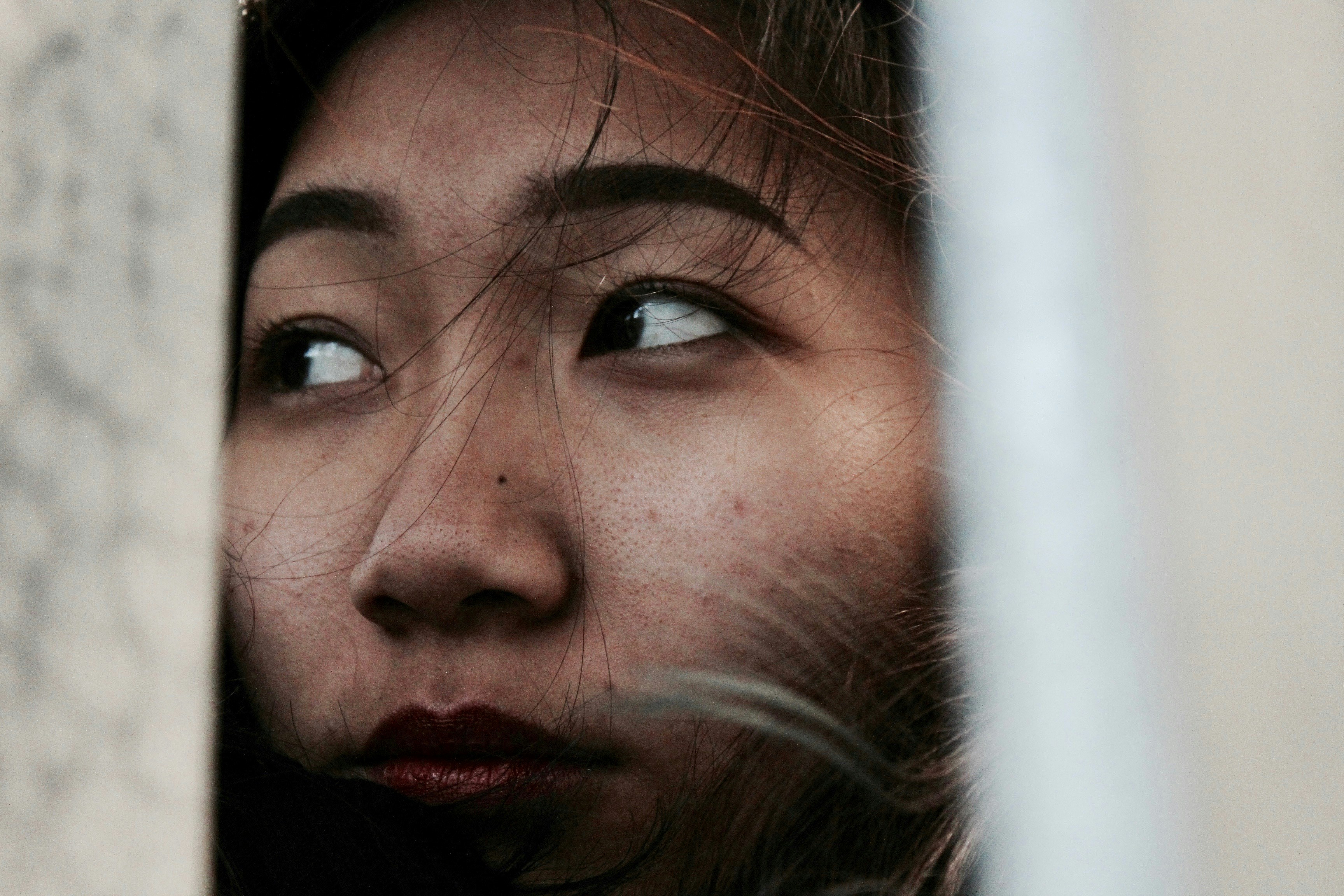Protecting Women: An Overview of Women’s Legal Rights in Southeast Asia
By Iylia De Silva
March 2025 COVER STORY
Iylia De Silva

is a law graduate from the University of London. Balancing work and play, she savours every moment by indulging in her passion for food, languages, music and engaging with people from diverse cultures.




